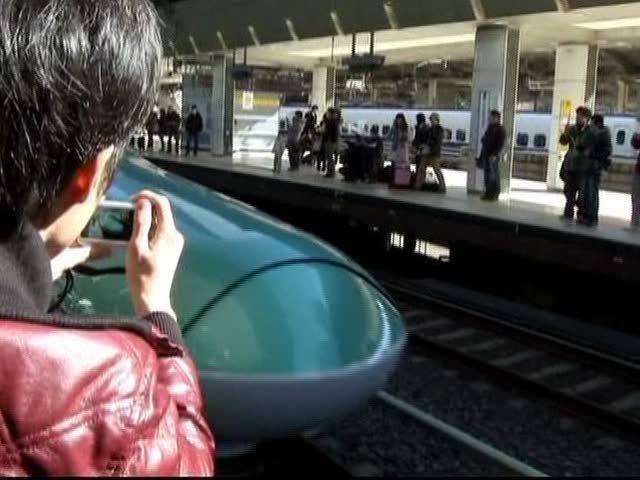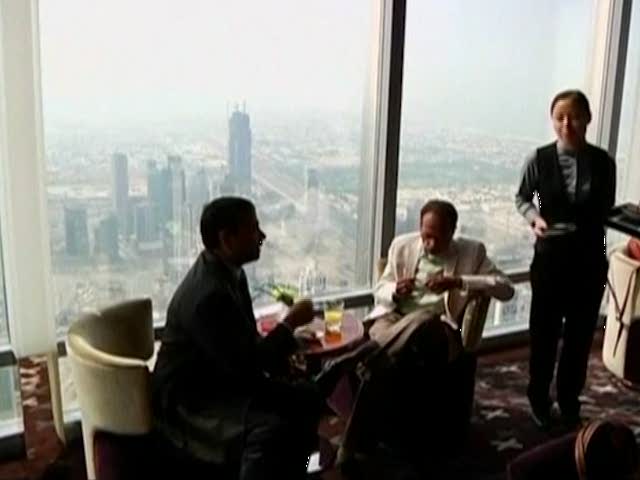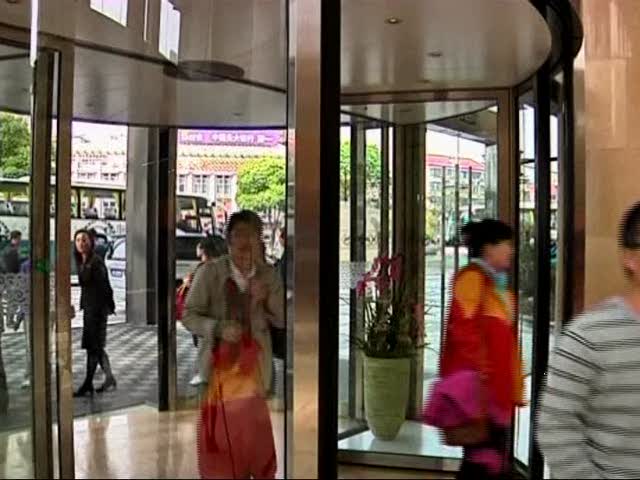It is the only source that can provide a chance for economic breakthrough
Published:
21 March 2005 y., Monday
Money from Russia’s Stabilisation Fund is expected to be invested abroad in dollar-nominated securities, with minimum investment risks and minimum profitability at 2-4%. These funds have until now been kept in Central Bank accounts. This means that a great deal of money will soon appear on the financial markets. On February 1, 2005, the Fund totaled 647.2 billion roubles ($23.1 billion), which mostly came from taxes on oil sales with prices exceeding $20 per barrel and export duties from oil companies.
The crucial question is how this money should be used. Money can only be taken out of the Fund when it has more than 500 billion roubles. Therefore, more than a fifth of its resources can already be used. This is a key issue for Russia’s economy, as the positive overseas market situation in recent years has been almost exclusively responsible for its growth.
However, experts are not tired of repeating that the potential of the resource-oriented Russian economy has been virtually exhausted. The mechanism whereby "we produce oil, sell it and enjoy the benefits" is becoming increasingly less effective. The country is now at a stage when it must introduce an industrial policy. However, any policy only makes sense when there is money to implement it.
Russia’s stock market and banking system do not provide the necessary financing for the real sector of the economy. Direct foreign investment in Russia remains at a very low level, while foreign investment in general is concentrated on either the import of equipment or foreign borrowings. The country obviously needs sources for further growth. The Stabilisation Fund is virtually the only potential source today and a genuine war is being waged for its funds.
Šaltinis:
financialexpress.com
Copying, publishing, announcing any information from the News.lt portal without written permission of News.lt editorial office is prohibited.
The most popular articles
 Most EU countries continue to meet deadlines for incorporating single market rules into national law, contributing to economic growth and job creation.
more »
Most EU countries continue to meet deadlines for incorporating single market rules into national law, contributing to economic growth and job creation.
more »
 Japanese officials unveil their new bullet train, capable of travelling at speeds of 320 km per hour (198 miles per hour).
more »
Japanese officials unveil their new bullet train, capable of travelling at speeds of 320 km per hour (198 miles per hour).
more »
 The first International Security Technology Exhibition, KIPS 2011, will be held on 23-26 February 2011 in Kiev (Ukraine). The motto of the exhibition is ‘There can never be too much security!’
more »
The first International Security Technology Exhibition, KIPS 2011, will be held on 23-26 February 2011 in Kiev (Ukraine). The motto of the exhibition is ‘There can never be too much security!’
more »
 The world's highest restaurant opens in Dubai, United Arab Emirates, located 400 metres above ground in Burj Khalifa, the world's tallest tower.
more »
The world's highest restaurant opens in Dubai, United Arab Emirates, located 400 metres above ground in Burj Khalifa, the world's tallest tower.
more »
 The rights of consumers will be clarified and updated, whether they shop at a local store or buy goods on line, under new EU rules as amended by the Internal Market Committee on Tuesday.
more »
The rights of consumers will be clarified and updated, whether they shop at a local store or buy goods on line, under new EU rules as amended by the Internal Market Committee on Tuesday.
more »
 MEPs on Wednesday gave their green light for the Council to conclude an Interim Economic Partnership Agreement with Papua New Guinea and Fiji, two countries of the Pacific Region with significant exports to the EU.
more »
MEPs on Wednesday gave their green light for the Council to conclude an Interim Economic Partnership Agreement with Papua New Guinea and Fiji, two countries of the Pacific Region with significant exports to the EU.
more »
 Report sets 10 priorities for tackling the bloc's main economic challenges, launching the first ever ‘European semester'.
more »
Report sets 10 priorities for tackling the bloc's main economic challenges, launching the first ever ‘European semester'.
more »
 China's first capsule hotel ready to open its doors in Shanghai, aims to capture slice of booming leisure budget travel market.
more »
China's first capsule hotel ready to open its doors in Shanghai, aims to capture slice of booming leisure budget travel market.
more »
 Declaration by Michel Barnier on the start of three new authorities for supervision.
more »
Declaration by Michel Barnier on the start of three new authorities for supervision.
more »
 On 1 January, Estonia adopted the euro as its official currency and the changeover is running smoothly and according to plan.
more »
On 1 January, Estonia adopted the euro as its official currency and the changeover is running smoothly and according to plan.
more »